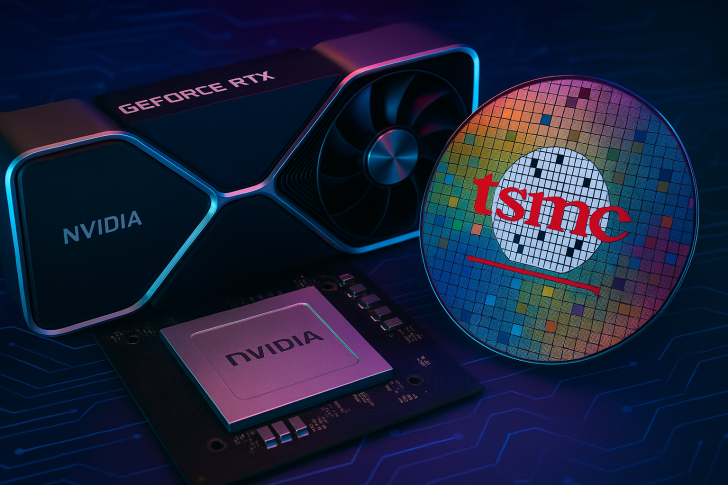⬤ Nvidia has requested TSMC significantly boost its monthly 3nm wafer production—from the current 100,000–110,000 wafers to around 160,000. That's roughly 35,000 additional wafers per month. This surge reflects the growing semiconductor supply crunch as major cloud providers rush to lock in Blackwell-generation capacity. Nvidia's position at the heart of the AI hardware boom means demand for advanced chips continues pushing foundry infrastructure to its limits.
⬤ Tax policy changes could complicate this picture. Governments are debating cuts to R&D incentives, export credits, and investment subsidies for semiconductor production. These shifts might squeeze smaller suppliers who already face steep capital costs, potentially triggering bankruptcies downstream. Higher taxes on manufacturing could also push talent toward countries with better terms, adding strain to an already tight global supply chain. For Nvidia and TSMC, policy uncertainty arrives just when scaling advanced production matters most.
⬤ The numbers tell the story: boosting output by 50 percent isn't a minor adjustment. It signals that Blackwell chips will dominate enterprise AI spending, with cloud platforms securing wafer contracts well before actual deployment. The pace of orders suggests companies aren't waiting to see how demand develops—they're betting big now.
⬤ As this partnership between Nvidia and TSMC increasingly defines the AI supply chain, TSMC's success in scaling 3nm production will directly impact how quickly global AI infrastructure can expand. Wafer allocation is tightening, tax risks are mounting, and the race for capacity shows no signs of slowing.
 Saad Ullah
Saad Ullah

 Saad Ullah
Saad Ullah


